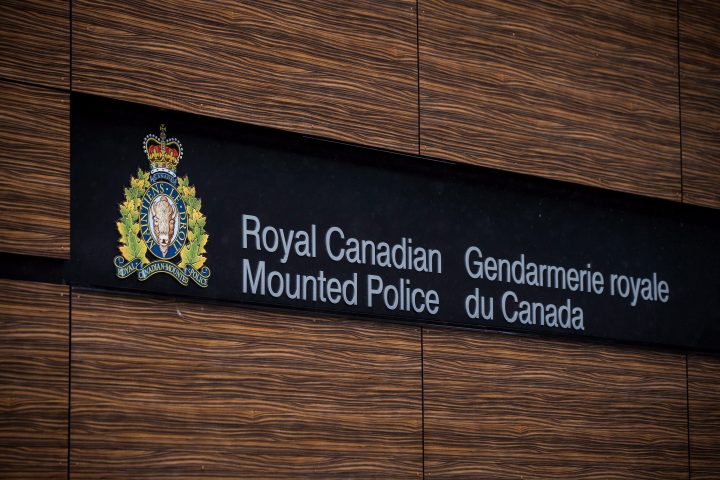Authorities on both sides of the Canada-U.S. border are warning people not to participate in an annual tubing party this Sunday on the river that separates Sarnia, Ont., from Port Huron, Mich.

The so-called Float Down, which is more than 30 years old, sees thousands of people float on inner tubes and rafts down the St. Clair River. Participants in the unsanctioned event enter the river near Port Huron, then float downstream for several kilometres.
In a joint statement, the U.S. and Canadian coast guards have warned of the serious legal repercussions of crossing the border, which has been closed to non-essential travel since March due to the COVID-19 pandemic.
Sarnia Mayor Mike Bradley said he’d like to take a similar hard-line approach.
“Any Canadian coming back into the country has to go into 14 days of isolation. My own view is: why are we treating these people differently? Put them in 14 days of isolation at their cost and then send them back,” said Bradley on Tuesday.
“I can also see the other side of the argument: detain them and get them out of here as quickly as possible with the proper protection and testing.”
RCMP Sgt. Penny Hermann said that the two countries’ border agencies and coast guards as well as Ontario’s provincial police and the Sarnia Police Service would be joining the RCMP in monitoring the Float Down.
“Law enforcement on both sides of the border will be providing proactive patrols and responding to calls for service during the Float Down to ensure compliance with border restrictions to non-essential travellers as per the Quarantine Act and to ensure participants are travelling safely on the river,” she said in a written statement.

Get weekly health news
Hermann also noted that crossing the marine border into Canada for optional or discretionary purposes such as touring, sightseeing and recreational fishing may result in fines of up to $750,000 or imprisonment of up to six months.
Bradley said he’s concerned that people in Michigan have been disregarding safety precautions during the pandemic and that they’re not likely to put public health first during the Float Down.
“You ask reasonable people not to do this but given what we’ve seen in Michigan…” said Bradley, trailing off. “They’re not listening to their own authorities, why would they listen to a small-town Ontario mayor?”

Michigan reported 557 new cases of COVID-19 on Tuesday, bringing the total number of cases in the state up to 97,442. Port Huron is the county seat for St. Clair County, which has had a total of 824 COVID-19 cases.
Ontario reported 33 new cases of the novel coronavirus on Tuesday, bringing its total up to 40,194. Lambton Public Health Unit, where Sarnia is located, has a total of 327 COVID-19 cases but when that county’s numbers were updated on Tuesday only 12 were considered active.
Even before COVID-19 closed the Canadian-U.S. border, authorities tried to discourage people from participating in the Float Down. Bradley noted that the two coast guards issue a warning every year, but it’s disregarded.
“It’s a dangerous river, it’s cold,” said Bradley. “I believe that’s part of the attraction of the Float Down.”

In 2014, 19-year-old Brady Morton went swimming in the St. Clair River during the Float Down and never resurfaced.
Two years later, adverse weather blew nearly 1,600 Americans ashore in Sarnia and the city had to use public transit buses to ferry them back across the border.
“Some of the people that they pulled out at that point had hypothermia,” said Bradley, recalling the 2016 Float Down. “It’s just that indifference. It’s like people who don’t wear masks. They’re playing Russian roulette.”








Comments
Want to discuss? Please read our Commenting Policy first.